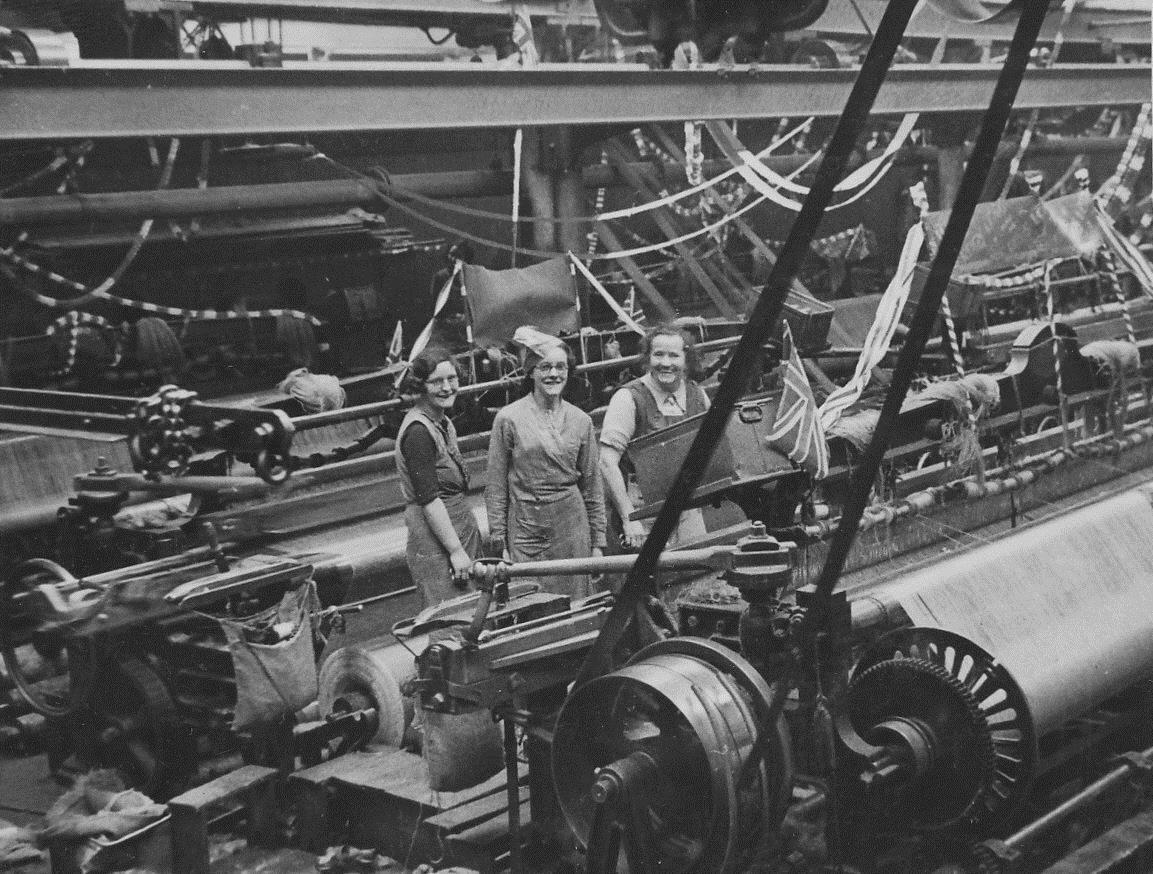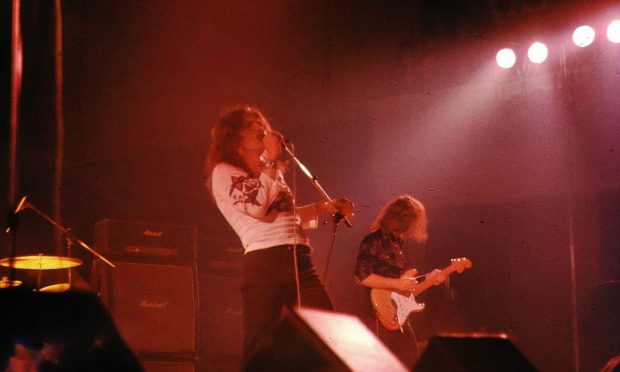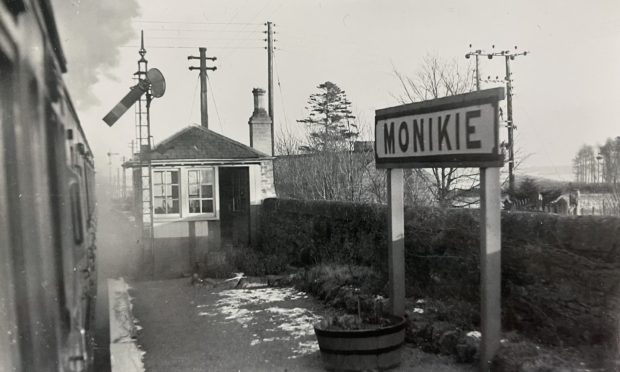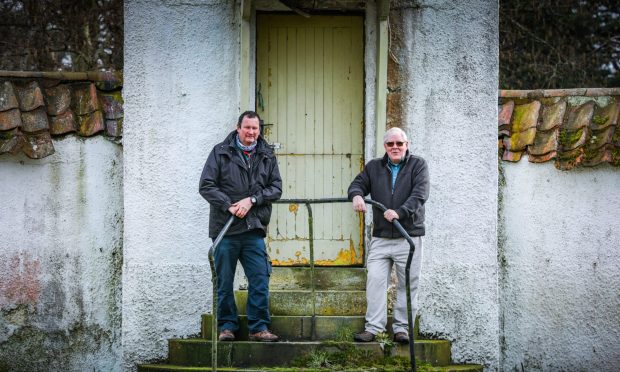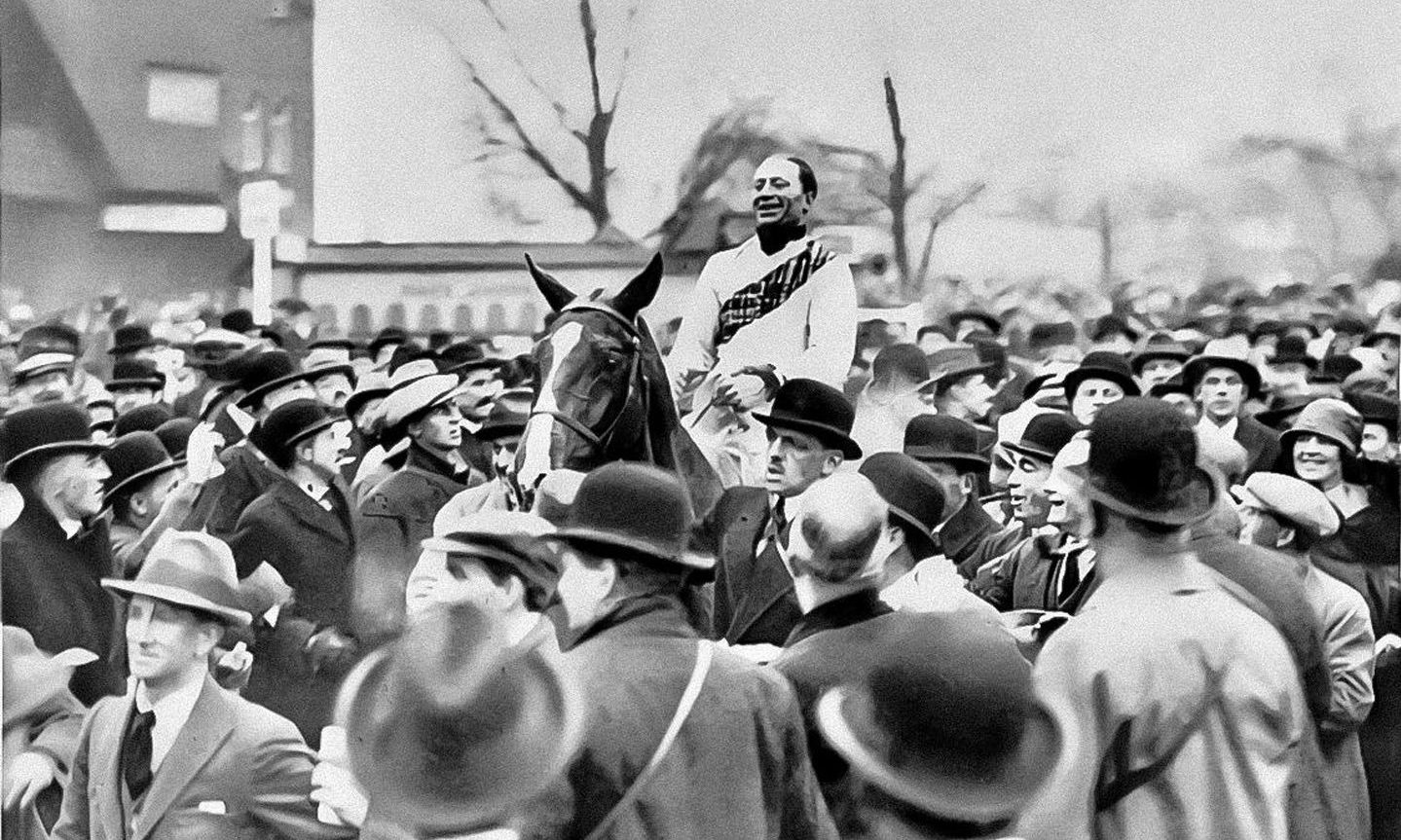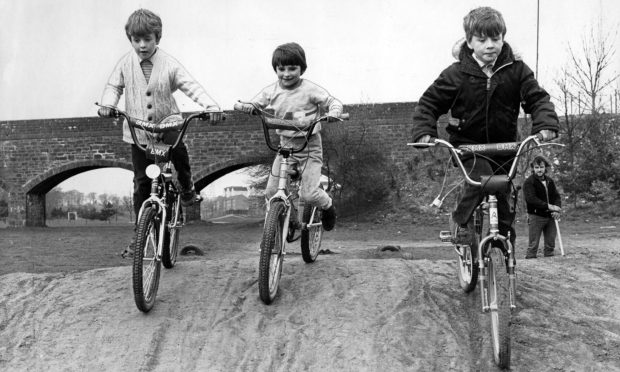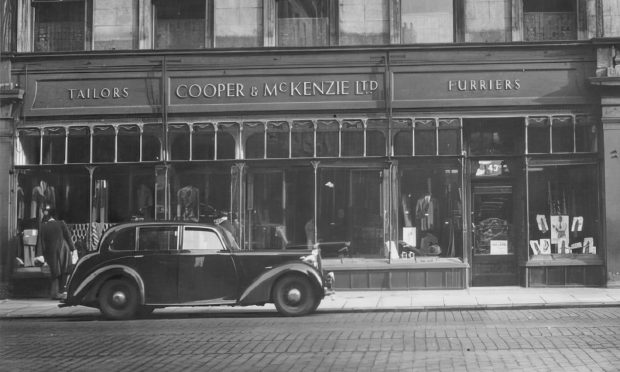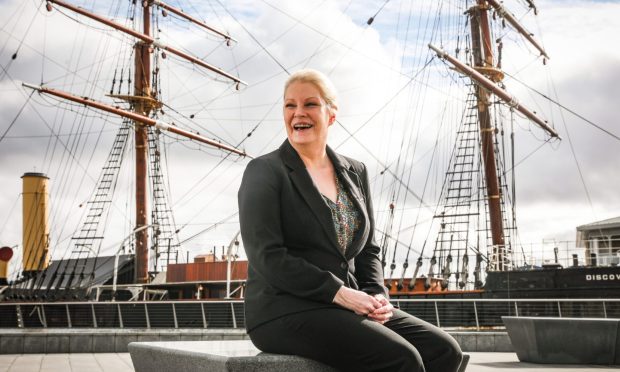A theatrical celebration of the jute trade’s importance to Tayside history will be held this week.
At the turn of the 20th Century, the mill owners of Victorian Dundee employed more than 50,000 people in the production of jute, while the trade kept entire towns like Kirriemuir in jobs.
One of the last reminders of the trade, Verdant Works, has kept its history alive for 21 years and reopened the High Mill part of the attraction last year.
Playwright John Quinn, a former teacher who now works as a tour guide at the mill, was inspired by a “goosebumps” choral performance on the opening night.
A Shoestring Theatre performance of his play, O Halflins & Hecklers & Weavers & Weemin, will pack in visitors to the mill on June 25.
The play will feature songs from the catalogue of folk singer Michael Marra.
Mr Quinn said: “My grandfathers and great-grandmother worked in jute mills as half-timers, or ‘halflins’. In some ways it’s homage to what they were doing at 10 years old.
“The jute story and its enormous impact on Dundee, with 50,000 people in over 100 mills at its 1900 peak, is fascinating history for me.
“But it is modern too, in that it tells of globalisation, immigration, the status of women, technology, and the environment.
“I was finally sparked into writing this by Loadsaweeminsingin, the resident choir at the McManus, when I heard them sing The Jute Mill Song at the official opening of the High Mill extension to Verdant Works.
“They are directed by Alice Marra whose late father’s music I love, as it sings of both Dundee and the world in general. We are using five of Michael Marra’s songs in the show.”
The process used to spin raw jute fibre was first developed in Dundee and as the city was a whaling port the mills also had access to a ready supply of whale oil, which was needed to process raw jute.
Raw jute was imported from India but by 1914 Calcutta’s jute industry had overtaken Dundee’s.
Nevertheless, the industry continued in Dundee for decades and the last jute spinning mill in Dundee did not close until 1999.
Tickets are available from the Verdant Works Eventbrite web page or by calling 01382 226659.
